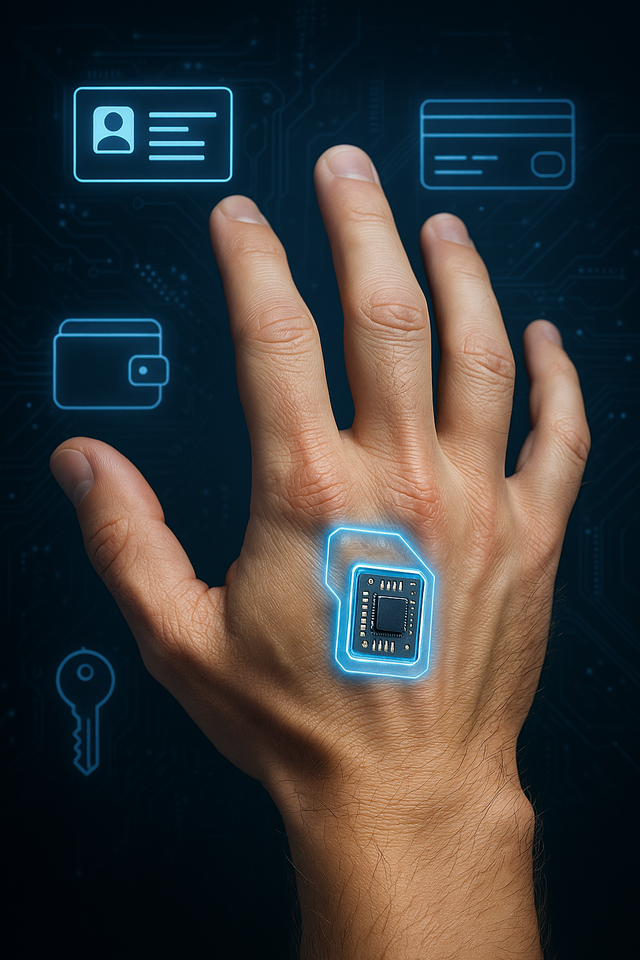
In Sweden, technology is becoming part of the body. More than 4,000 citizens have chosen to have tiny microchips, the size of a grain of rice, implanted under the skin of their hands to simplify everyday tasks.
With a quick wave of the hand, users can open doors, register for a gym, use public transportation tickets or even share their LinkedIn profiles during professional meetings. These chips, primarily created by the company Biohax International, function as passive RFID devices, do not require a power source and are durable and discreet.
This phenomenon, known as “body hacking,” reflects Sweden’s advanced technological culture and the shift toward a cashless society. Thanks to widespread trust in institutions and a pragmatic approach to innovation, Swedes are embracing these implants not as a threat to privacy, but as practical tools that make their lives easier.





